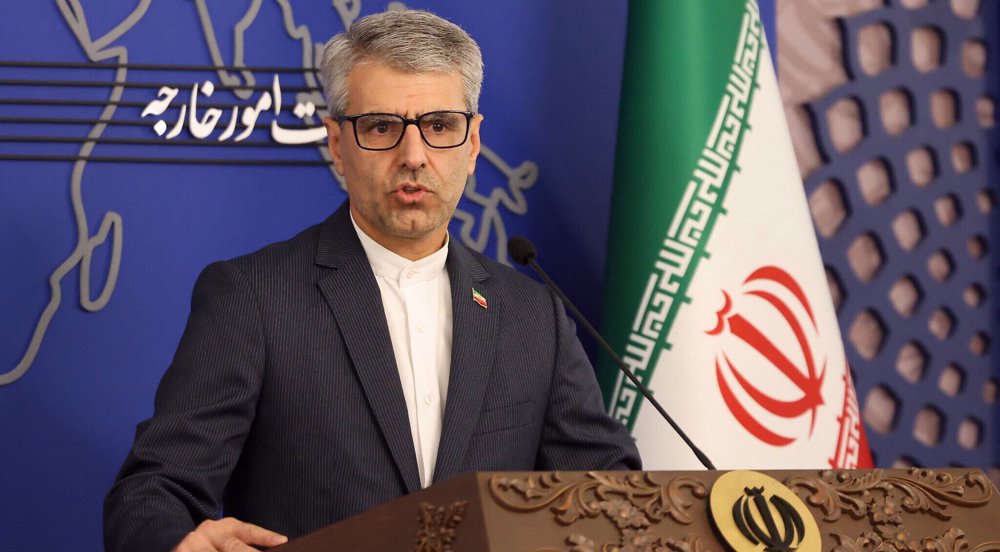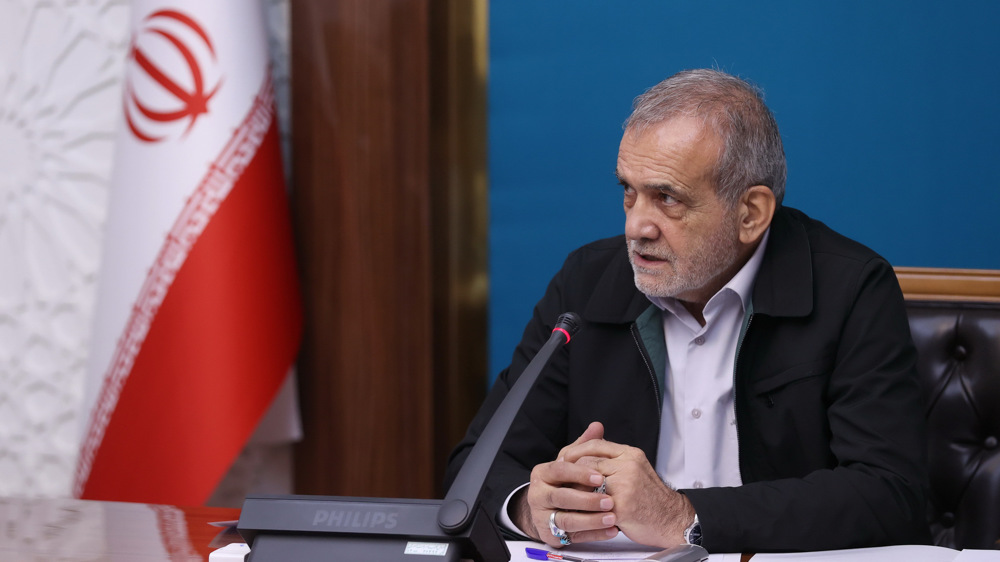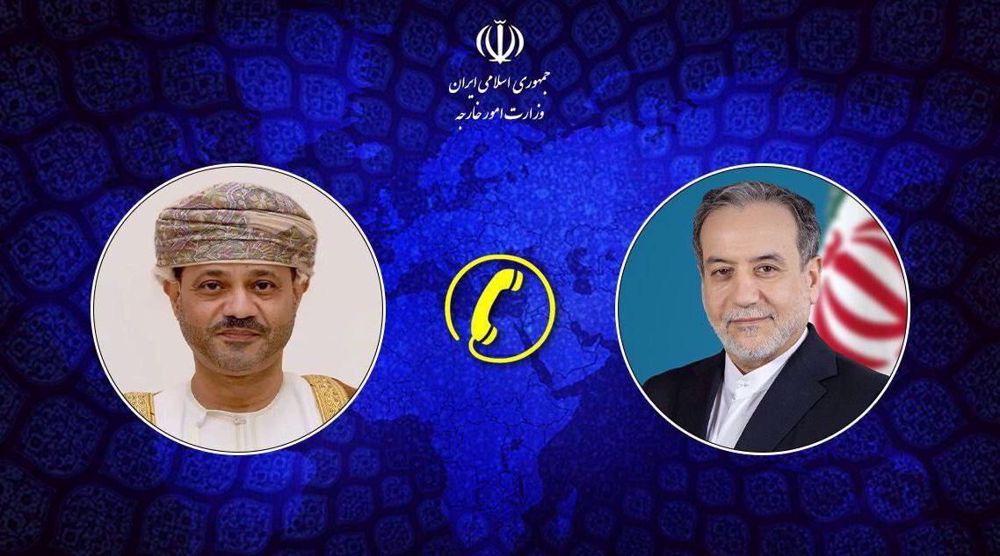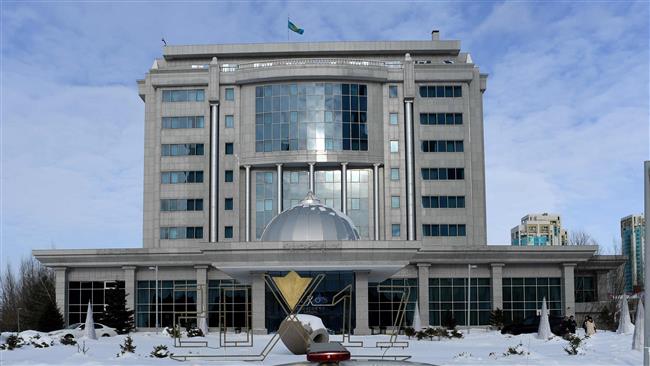Syria peace process in Astana great success: Iran Foreign Ministry
Iran has praised as a diplomatic “success” the peace talks underway between Damascus and opposition groups in the Kazakh capital, Astana, expressing hope that the process will work to consolidate the ceasefire holding across Syria.
“The issue of ceasefire is the most important point that will be discussed today and tomorrow,” Iranian Foreign Ministry spokesman Bahram Qassemi said Monday.
“I do not think that the talks can enter other subjects during this limited time,” said Qassemi, expressing hope, however, that the meeting “can take some steps forward concerning the stabilization of the ceasefire.”
He called the meeting a “great success,” which can pave the way for humanitarian aid delivery to conflict-stricken areas of Syria.
The two-day negotiations, which opened in Astana earlier on Monday, aim to end the six-year conflict gripping Syria.
Delegates from Iran, Russia and Turkey are mediating the UN-backed negotiations.
OIC Rohingya committee
Elsewhere in his comments, Qassemi outlined some the achievements made at a recent meeting of the Organization of Islamic Cooperation (OIC) in Malaysia over the plight of Rohingya Muslims in Myanmar, adding that a committee had been set up to address the sufferings of the persecuted community.
He said Foreign Minister Mohammad Javad Zarif, who also joined the conference, had written to UN Secretary General António Guterres, communicating Iran’s concern over the situation of Muslim minorities in Myanmar.
Through the OIC, the UN and other international bodies, Iran seeks to urge the Myanmarese government to change its attitude towards the Rohingya, the spokesman noted.
“Such a change would be in the interest of the entire Myanmarese nation,” added the Iranian official.
‘JCPOA case closed’
Touching on Iran’s 2015 nuclear deal with six world powers, Qassemi said Tehran would not renegotiate the accord, which he described as a “done deal.”
He was addressing concerns that the new US administration may demand changes to the accord.
The agreement, called the Joint Comprehensive Plan of Action (JCPOA), was signed in July 2015 between Tehran on the one side and the US, the UK, France, Russia, and China plus Germany, on the other.
The deal, which took effect in January 2016, was later enshrined in a legally-binding UN Security Council resolution.
However, on his campaign trail, new US President Donald Trump had threatened to rip up the deal or try to renegotiate it.
Lebanese parliament speaker rejects any postponement of elections
VIDEO | Gazans break Ramadan fast amid rubble of their destroyed homes
Iran seeks to strengthen strategic ties with West African countries: Defense minister
US envoy’s remarks on Israeli West Asia expansion shows Muslim world targeted: Houthi
Iran says any agreement with US must fully safeguard national rights, interests
VIDEO | Press TV's news headlines
Trump admin terminates 'lifesaving' aid programs to seven African countries: Report
IRGC warship returns home after first long-range deployment for BRICS naval drills















 This makes it easy to access the Press TV website
This makes it easy to access the Press TV website